- Home
- Math
Teach Your Child with Autism Math
Teaching children with autism math skills isn’t hard if you learn a few tips for success and pitfalls to avoid. You can do this, and I'm here to help.
This essential subject is one of the three R’s: reading, writing, and ‘rithmetic. It’s basic knowledge that all our kids need to know to function as normally and as independently as possible.
You want your child to be able to count, to recognize numbers, and to at least do some basic addition and subtraction. If you can possibly move your child on to multiplication and division, that would be wonderful, too.
If your child is an arithmetic genius, then great! That’s his strength, and you can encourage him in that.
But if he doesn’t ever master calculus or differential equations, or even algebra, not to worry. Math wasn’t my subject either.
Let your child’s abilities and strengths be your guide, and bring her as far as she can go. But don’t sweat it if she has a lot of trouble along the way.
All your child really needs to function independently in this world are the basics. So if this isn’t her subject, it’s okay if all she learns is addition and subtraction.
Just approach teaching your child with autism math skills as you should approach anything else you do with her: with lots of love and patience.
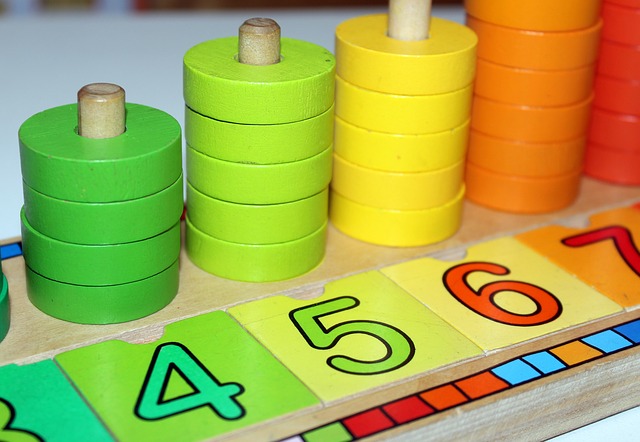
How and What to Teach
Below I’m listing various basic math skills and methods you can use to teach your child. I’ll explain each subject further on separate pages, so just follow those links to learn more.
But I highly recommend that you start with the first link listed below to learn an important principle for teaching children with autism math.
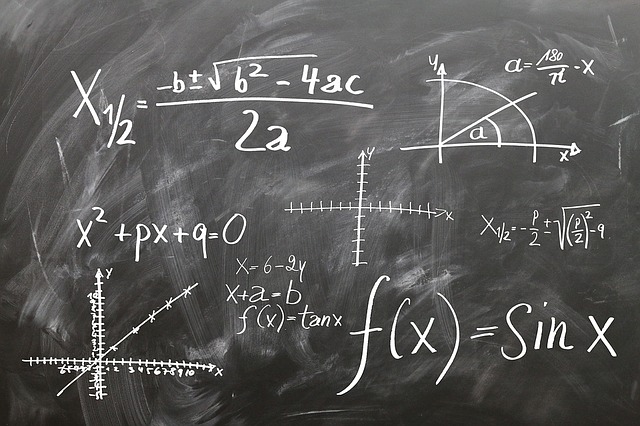 Not to worry.... Unless your child loves higher math, basic lessons such as addition, subtraction, multiplication and division are probably all she will need.
Not to worry.... Unless your child loves higher math, basic lessons such as addition, subtraction, multiplication and division are probably all she will need.What You Need to Know When Teaching Your Child With Autism Math

Teaching children with autism math is simple and do-able if you follow some key principles. Following these guidelines will make this subject easier to understand and will help to ensure your child's success in learning the basics and more.
Math Flash Cards
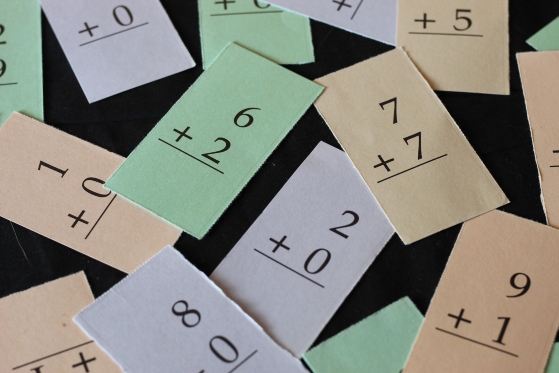
We used flash cards extensively when my son was young. They were great tools for learning and giving him lots of review. You can use them for learning anything from number recognition and counting to calculus, if your child goes that far.
Abacus
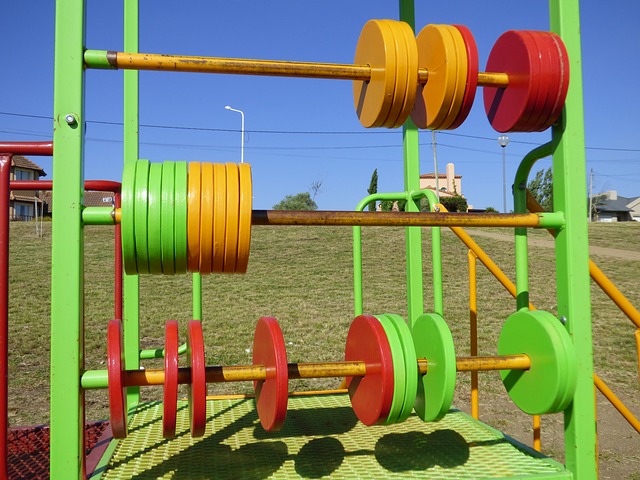
I used an abacus a lot to help my son understand what the numbers and equations meant, and to learn counting. Check out this article for tips on how to use an abacus effectively.

Learning Single-Digit Addition Equations
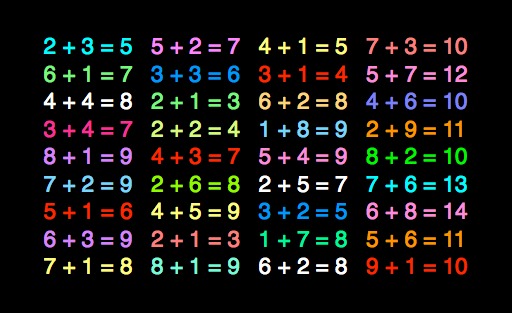
Once your child has a better understanding of basic arithmetic concepts, you can start working on helping him memorize addition math facts. Check out this article for ideas on how to help him at this stage.
Adding Two Digits to One Digit
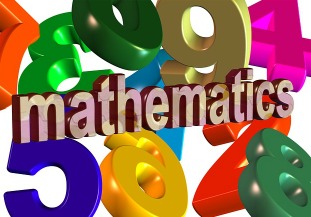
After she has memorized the addition facts, the next step is to teach her to add two digits to one digit. Learning this skill brought us to a pitfall that I want to warn you about. It’s a problem that I think is unique to autism.
Adding Two Digits to Two Digits
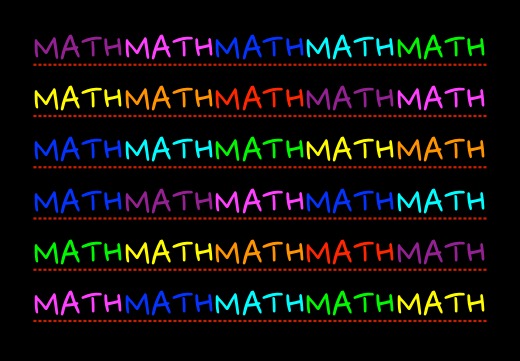
The pitfall you might encounter when your child is learning to add two digits to one digit can continue on as she learns to add two digits to two digits. But patience, persistence, and lots of practice are key here. Check out this article to learn more.
Teaching Your Child Subtraction: A Step-By-Step Procedure
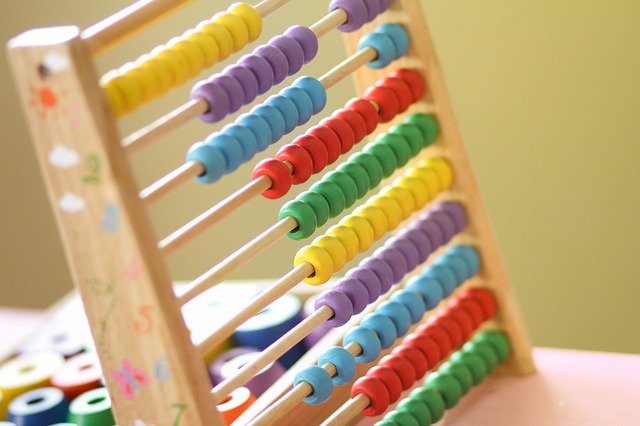
If you need to know a procedure for teaching subtraction facts that is well-suited for children with autism, then this is the article for you.
Here I will walk you through a step-by-step procedure that will help your child not only learn subtraction facts, but also understand exactly what each equation means.
Tips and Principles to Help Your Child Better Understand Subtraction
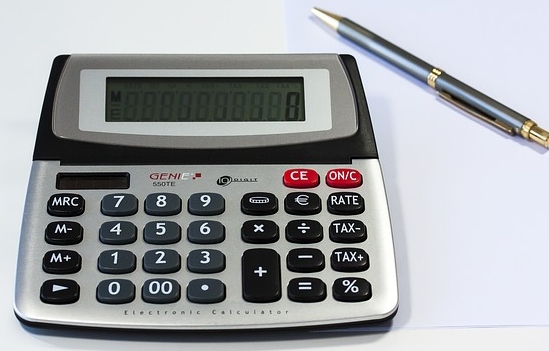
Put the step-by-step procedure you learn in the above article with the ideas and principles you can learn here and you will be well-set to teach your child in a way that he or she can truly understand.
Games
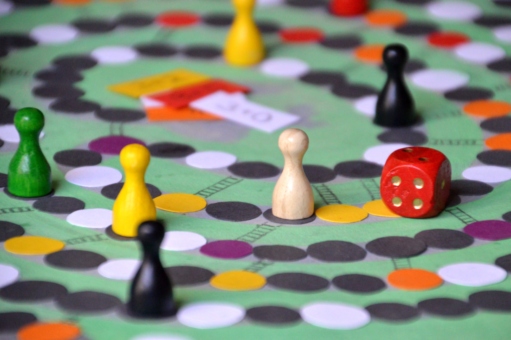
Do you ever have trouble getting or keeping your child's interest in mathematics? I think a lot of kids find it hard to stay on task when it comes to this subject. Games can be very useful for keeping your child’s attention on what you’re teaching her. Click here to find out how to use games to keep your child focused on her lessons.
Free Math Worksheets
Many parents want to provide a quality education for their children, but this can be a challenge when money is tight. That's why finding as many free and inexpensive resources as possible can be so helpful.
Mary Fifer, an experienced teacher and homeschooler, has lots of free math worksheets you can download at her site here. Also available at her website are free spelling, phonics, grammar and writing worksheets.
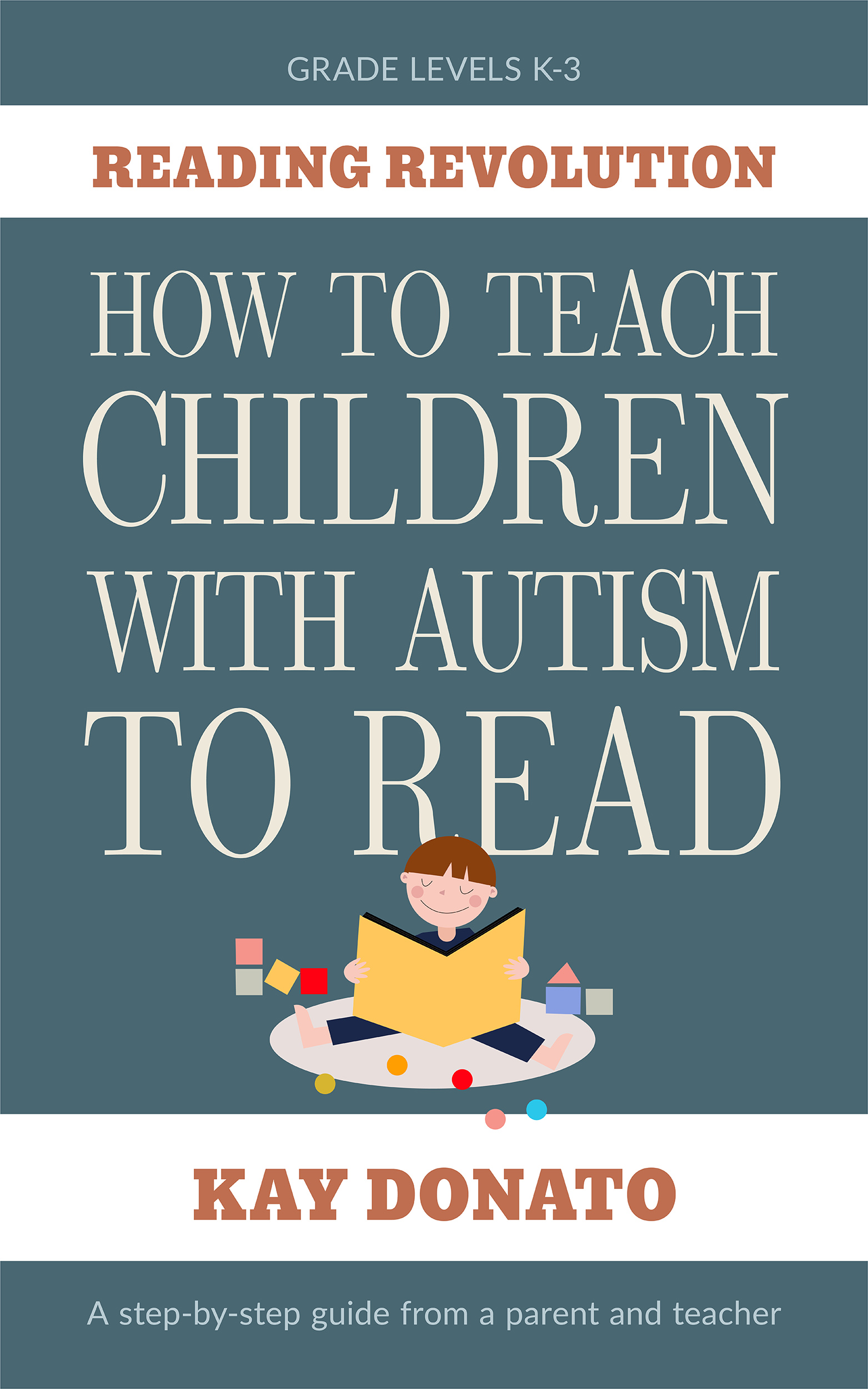
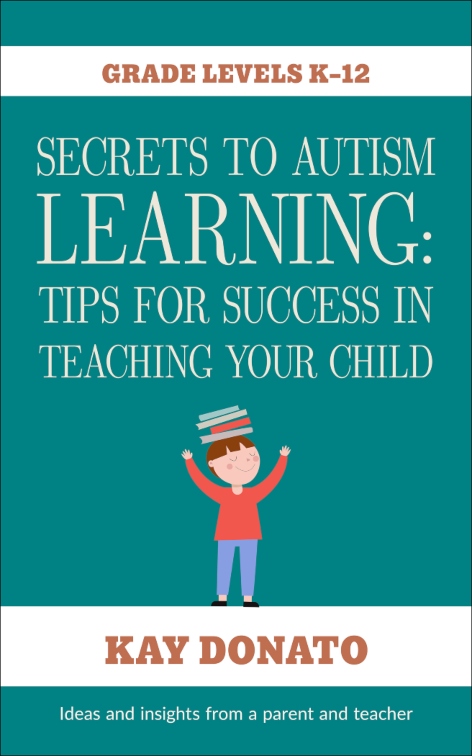

New! Comments
Have your say about what you just read! Leave me a comment in the box below.